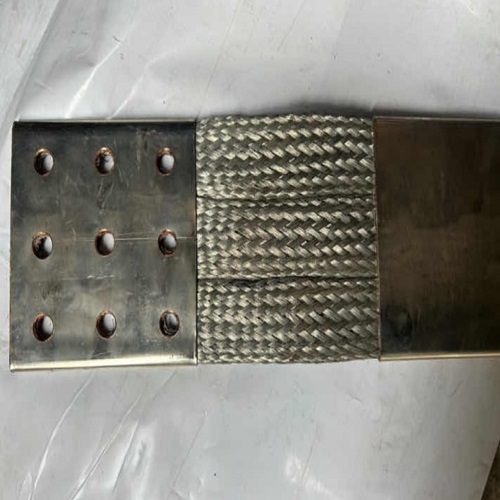Copper Flexible
Copper flexible refers to the ability of a material known as Copper to be molded or bent without breaking or losing its structural integrity. This unique characteristic makes Copper flexible a highly sought-after material in various industries, ranging from electronics to construction.
The Applications of Copper Flexible
The versatility of Copper flexible makes it an ideal choice for applications where traditional rigid materials would not suffice. In the electronics industry, Copper flexible is used in circuit boards and wiring to accommodate intricate designs and compact spaces. Additionally, in the construction and architecture sectors, Copper flexible is utilized in roofing and cladding systems, where its ability to conform to curved surfaces adds both aesthetic appeal and functionality.
Advantages of Copper Flexible
The use of Copper flexible offers several advantages over traditional rigid materials. Its bendable nature allows for more creative and innovative designs, especially in products where flexibility is a key requirement. Copper flexible also provides durability and resilience, making it suitable for applications where exposure to varying temperatures and environmental conditions is a concern.
Challenges and Considerations
While Copper flexible offers numerous benefits, there are challenges to be mindful of when working with this material. Proper handling and installation techniques are crucial to ensure that Copper flexible retains its intended shape and performance characteristics. Additionally, understanding the limitations of Copper flexible in terms of load-bearing capacity and long-term stability is essential for successful implementation in various projects.
The Future of Copper Flexible
As technology continues to evolve, the demand for Copper flexible is expected to rise. Innovations in manufacturing processes and material compositions are likely to further enhance the capabilities of Copper flexible, opening up new possibilities for its use in diverse industries. As a result, the potential for Copper flexible to revolutionize product designs and construction practices is vast.
In conclusion, Copper flexible represents a significant advancement in materials technology, offering a wide range of applications and benefits. By understanding its unique properties and considering the associated challenges, industries can harness the full potential of Copper flexible to drive innovation and efficiency in their respective fields.
